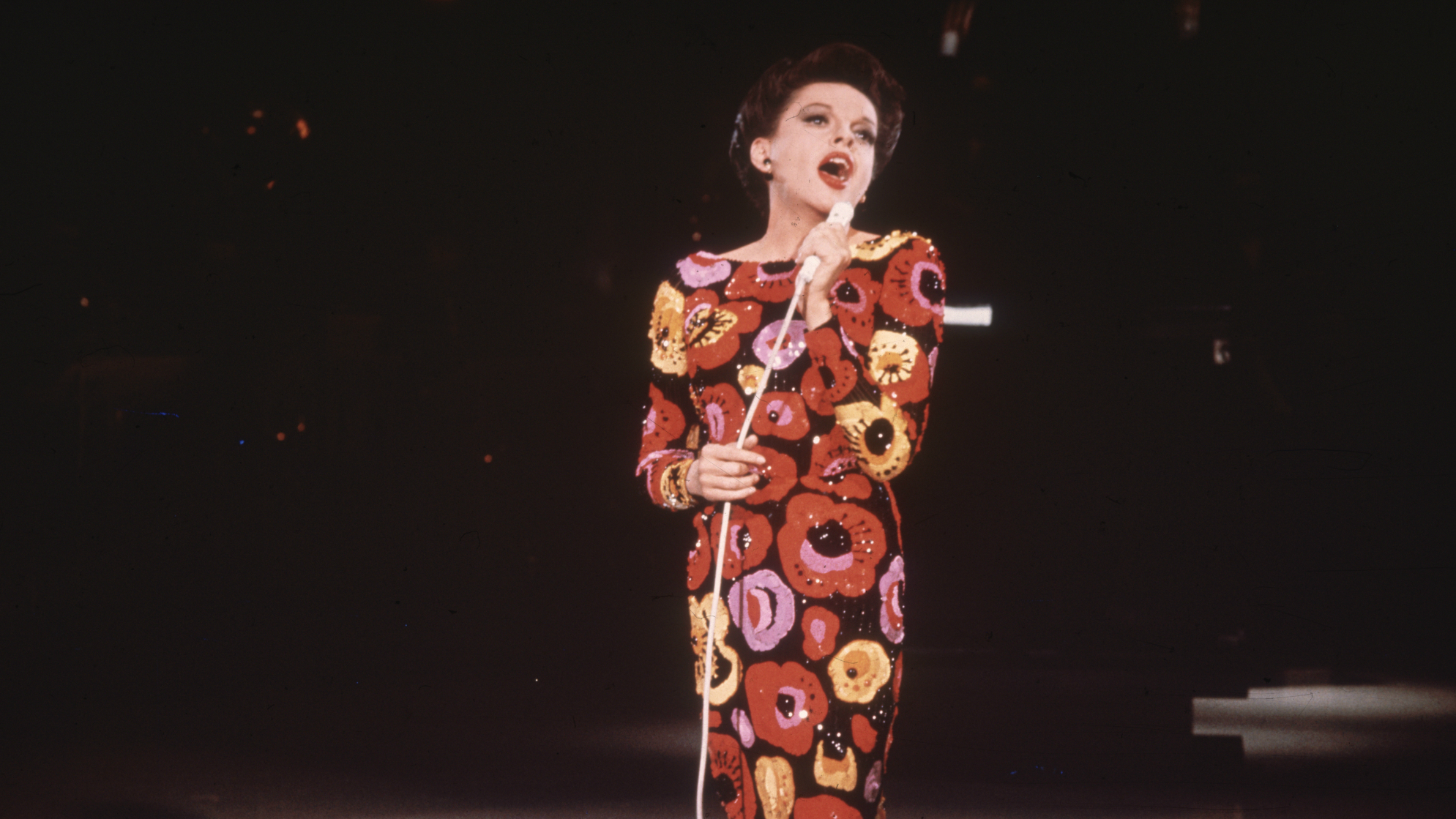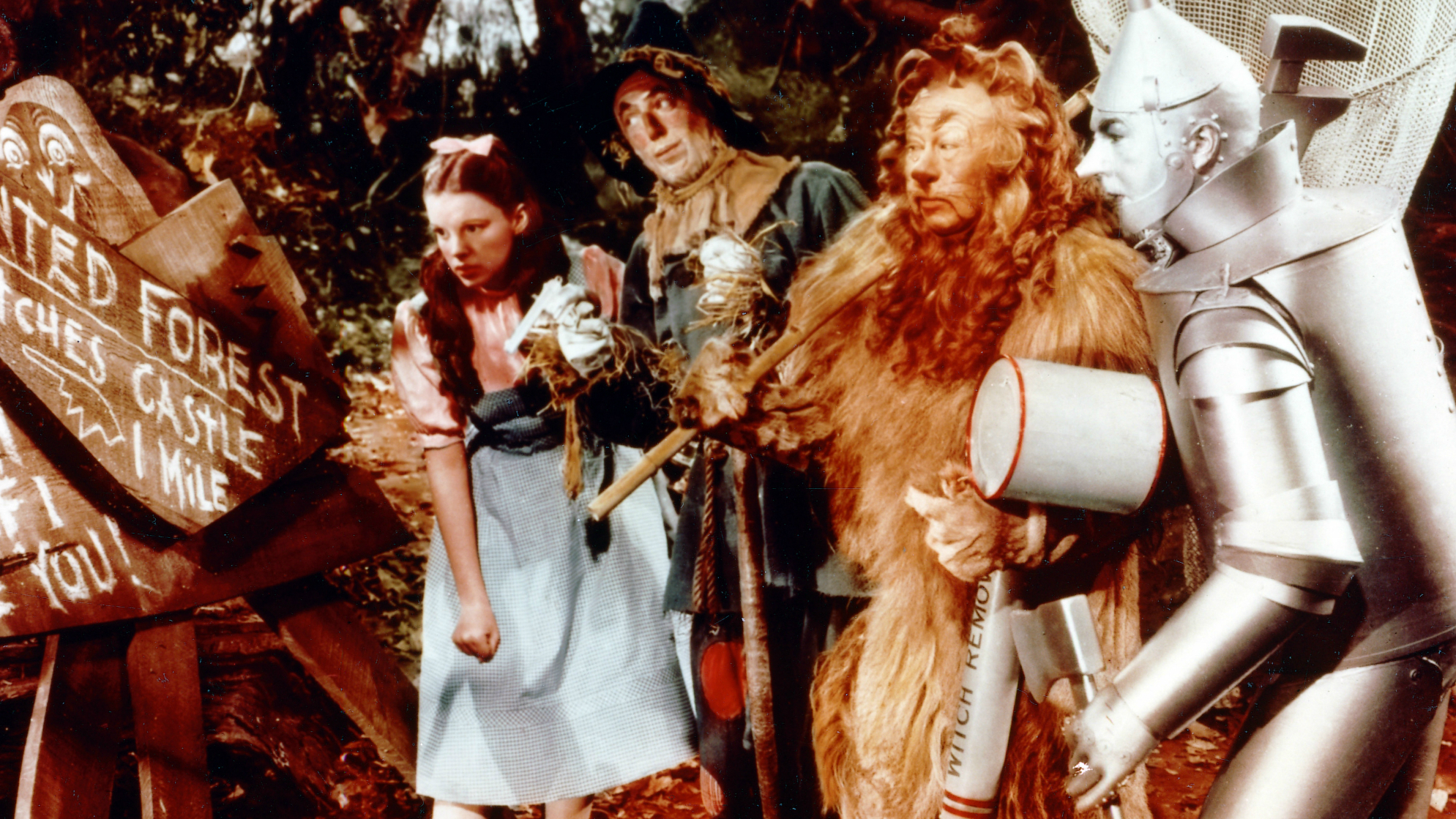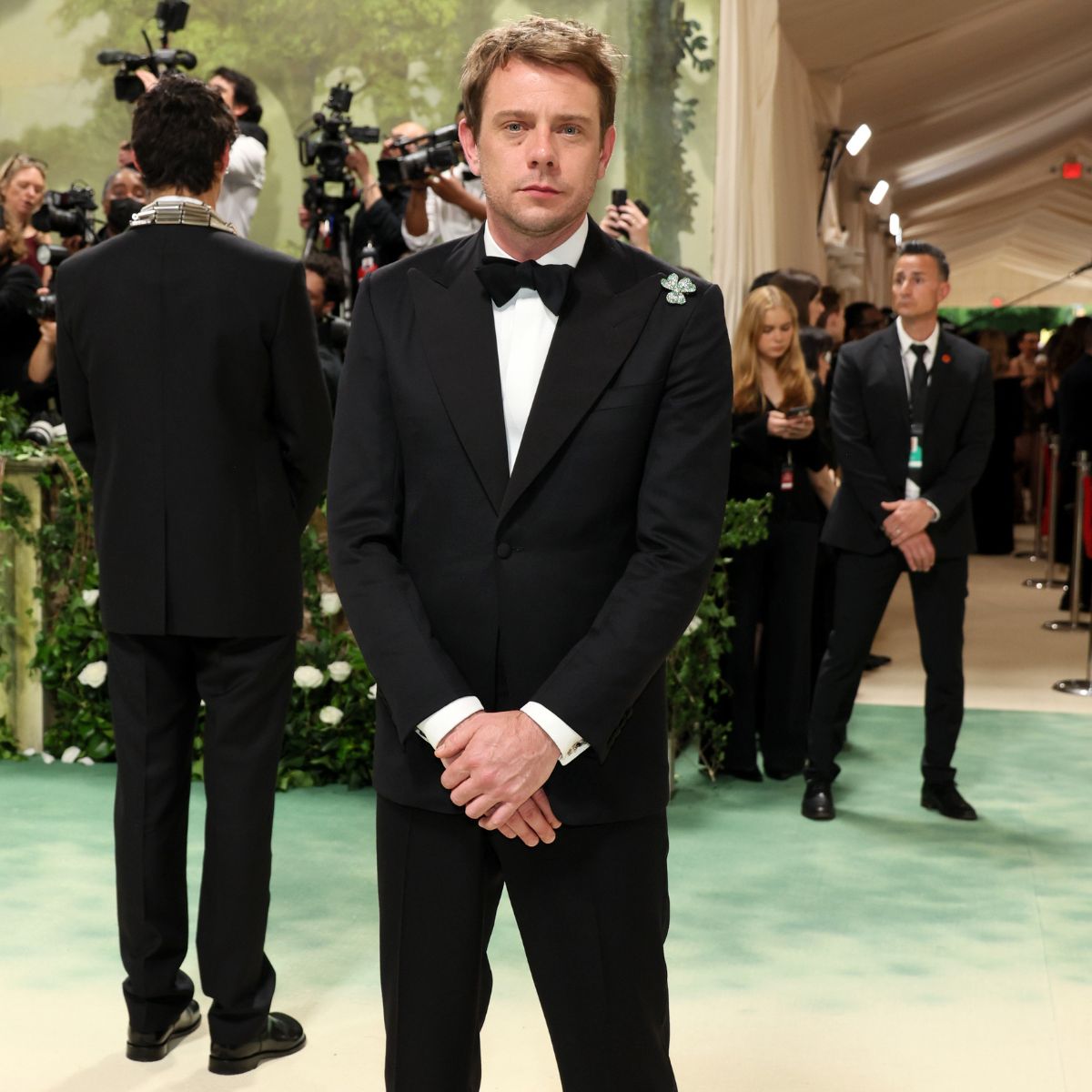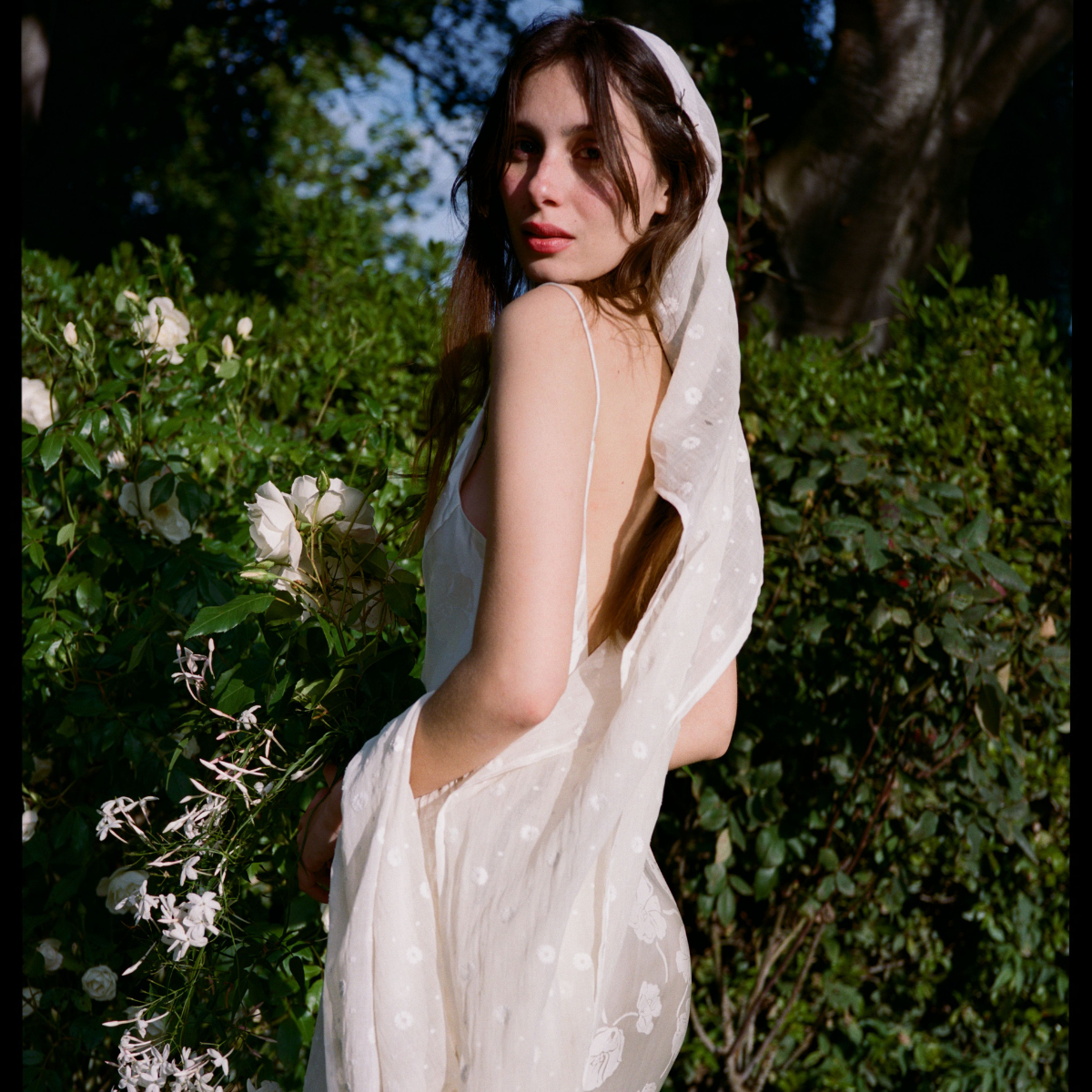The tragic reasons why Judy Garland never found her own happy-ever-after
As Renée Zellweger plays the troubled former child star in the biopic ‘Judy’, we examine her chaotic private life, encompassing five marriages and multiple suicide attempts

As Renée Zellweger plays the troubled former child star in the biopic ‘Judy’, we examine her chaotic private life, encompassing five marriages and multiple suicide attempts
Words by Helen Gent
At MGM’s surprise birthday party for Clark Gable on 1 February 1937, a group of studio executives gathered to toast the star. Suddenly the sound of tinkling ivories was heard and all eyes turned towards a spotlight illuminating Judy Garland, perched nervously on a piano. With her big brown eyes trained on Gable, Judy serenaded the heart-throb actor with You Made Me Love You while the assembled crowd looked on. When she was done. Gable strode over to kiss her and the overawed youngster bust into tears, then MGM boss Louis B Mayer held out his arms and Judy rushed dutifully into his lap ‘At that’ said the teen idol Mickey Rooney, who witnessed the scene, ‘everyone just about went nuts.’
The magical moment sealed Judy’s star rating at one of the era’s biggest studios. Within the year she was picked to play Dorothy in The Wizard of Oz, an iconic role that transformed her into one of America’s most popular and best-loved actor/singers. It also cemented Judy as a gay icon. Many gay men credited the film with giving them the strength to come out. They identified with Dorothy overcoming adversity to make it ‘home’ and realising she possessed the heart, strength and courage to find happiness all along. But while her alter ego skipped merrily down the yellow brick road. Judy set off on her own tumultuous journey, on a tragic trajectory that led her through drink, drugs, debt and depression, and ended with her tragic death aged just 47.
She was a legend in her short lifetime, as famous for her heart-tugging voice as she was her chaotic private life, encompassing five marriages, and multiple suicide attempts. Today the spirit of Judy lives on in the biopic of her life, starring Renée Zellweger.
Judy was born Frances Ethel Gumm in Minnesota on 10 June 1922. Her parents, Francis and Ethel, were vaudeville stars and, as a toddler, Judy sang on stage with her two older sisters. Billed as The Gumm Sisters, the sibling trio became regulars on the local entertainment circuit. Judy’s precocious talent was soon singled out, and by the age of ten her mother was hawking her around Hollywood. Ethel gave Judy pep pills to perk her up for auditions and sleeping pills at night, precipitating a lifelong dependency on drugs.
At 13, MGM signed the newly named Judy Garland. But, too old to play cutesy and too young for grown-up roles, Judy languished on the studio lot until her Gable tribute pulled Louis B Mayer’s heartstrings. Soon after, she was cast as the ‘girl next door’ in a series of musical comedies: then came 1939’s The Wizard of Oz, which won her a special juvenile Oscar.
Marie Claire Newsletter
Celebrity news, beauty, fashion advice, and fascinating features, delivered straight to your inbox!
Surrounded by beautiful starlets, the teenager was convinced she was ugly. Her inferiority complex compounded by Mayer, who called her ‘little hunchback’. Studio spies ensured she kept to a diet of chicken soup and cottage cheese (she later added 80 cigarettes a day to her regime) and she was put on slimming pills. These made her so hyper she was given barbiturates to sedate her, then amphetamines when she was needed for filming. According to biographer Gerald Clarke, in Get Happy, from 16 to 20 Judy was regularly fondled by Mayer, who would touch her breasts to indicate how she sang from the heart.
At 19, Judy ignited MGM’s wrath when she married David Rose, a divorced composer 12 years her senior; the following year, she was coerced into an abortion. In 1944, Judy terminated the marriage. After an affair with actor Tyrone Power - Judy took many lovers, both make and female, throughout her life - she wed director Vincente Minnelli in 1945. Their daughter Liza, who would follow her mother into the world of showbiz and troubled relationships, was born the following year. Just 12 months on, Judy returned home to find Minnelli in bed with another man and tried to take her own life - the first of her many suicide attempts.

Newspapers reported that Judy was in a psychiatric clinic following a breakdown, and by now it was common knowledge that she was a ‘pill-head’. At MGM she regularly phoned in sick: when the dangerously underweight star did arrive, she had screaming fits or was so catatonic, co-stars had to physically support her. At home, motorcycle couriers arrived every evening bearing prescription drugs, which she hid under carpets and sewed into dress hems. After Gene Kelly realised Judy was raiding his bathroom cabinet for sleeping pills, other friends cleared out cupboards before she arrived.
At her best, Judy shone in movies like Meet Me In St Louis, but she was costing MGM thousands of dollars in wasted studio time. After being suspended twice, Judy was finally given her marching orders in 1950, the same year she announced her divorce from Minnelli. In 1951, the now bloated star fled to London, where she won over fans at the Palladium. More singing success followed in New York with a hit show at the Palace Theatre on Broadway. Hollywood gave Judy another chance in 1954’s A Star Is Born. The film, despite winning her a Golden Globe, was marred by her typically erratic behaviour. She even turned up at the premiere with a hand muff specially designed to hide a vodka bottle.
By now she was being managed by her third husband, film producer Sid Luft. They married in 1952 and had children Joey and Lorna. Television, live shows and a record contract kept Judy in constant work. A year short of her 40th birthday, she was on a career high, with an Oscar nomination for 1961’s Judgement At Nuremberg and a legendary appearance at New York’s Carnegie Hall - her spin-off album outsold Elvis and won five Grammys.
But the highs were punctuated with increasingly frequent lows. In 1963 while filming I Could Go On Singing. Judy used her trailer’s wastebasket as a toilet and tried to stab co-star Dirk Bogarde. No stranger to stomach-pumping and slashed wrists, Judy’s suicide bids were so regular that when asked how shooting was going, one of the producers replied: ‘Pretty good. She hasn’t tried to kill herself today.’ CBS’s series The Judy Garland Show was canned after one season, and she was fired from 1967’s Valley Of The Dolls.
Despite the frenetic work pace, bad management and spiralling debts meant Judy was broke. She had to sell her LA mansion, and moved between rented apartments and hotels, doing moonlight flits to avoid paying. Penniless and single - her marriage to actor Mark Herron in 1965 broke down after six months - Judy had hit rock bottom.
On 15 March 1969, she wed pianist Mickey Deans at Chelsea Register Office in London, where the couple had moved. None of Judy’s showbiz friends showed up at the champagne reception at Quaglino’s. Three months later, on 22 June, Judy was found dead in her bathroom. An accidental overdose was the official cause of death.
At Manhattan’s Frank E Campbell Funeral Home on 27 June 1969, 20,000 people joined Katharine Hepburn and Lauren Bacall to pay their last respects. Among the mourners was Frank Sinatra, her friend and former lover. ‘She will have a mystic survival.’ Sinatra correctly prophesied. ‘ She was the greatest. The rest of us will be forgotten - never Judy.’
The leading destination for fashion, beauty, shopping and finger-on-the-pulse views on the latest issues. Marie Claire's travel content helps you delight in discovering new destinations around the globe, offering a unique – and sometimes unchartered – travel experience. From new hotel openings to the destinations tipped to take over our travel calendars, this iconic name has it covered.
-
 Jonathan Anderson is going to Dior Men
Jonathan Anderson is going to Dior MenHis debut collection will be this June
By Mischa Anouk Smith
-
 I'm a 2025 bride and these are the best affordable wedding dresses I've found
I'm a 2025 bride and these are the best affordable wedding dresses I've foundLess than £1,000 but still the height of chic
By Sofia Piza
-
 Short on time but keen to boost body and mind? Top experts share their go-to 10-minute yoga flows
Short on time but keen to boost body and mind? Top experts share their go-to 10-minute yoga flowsGuaranteed to make you feel grounded.
By Ashleigh Spiliopoulou